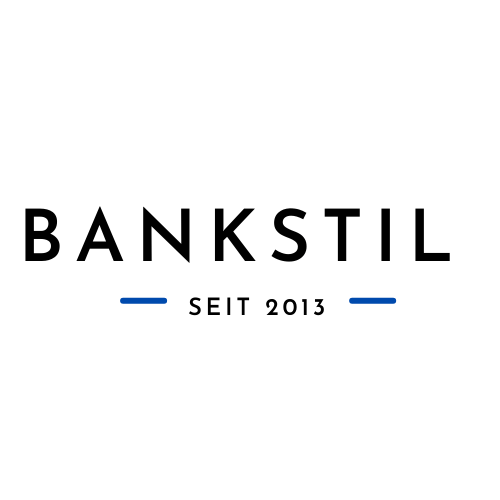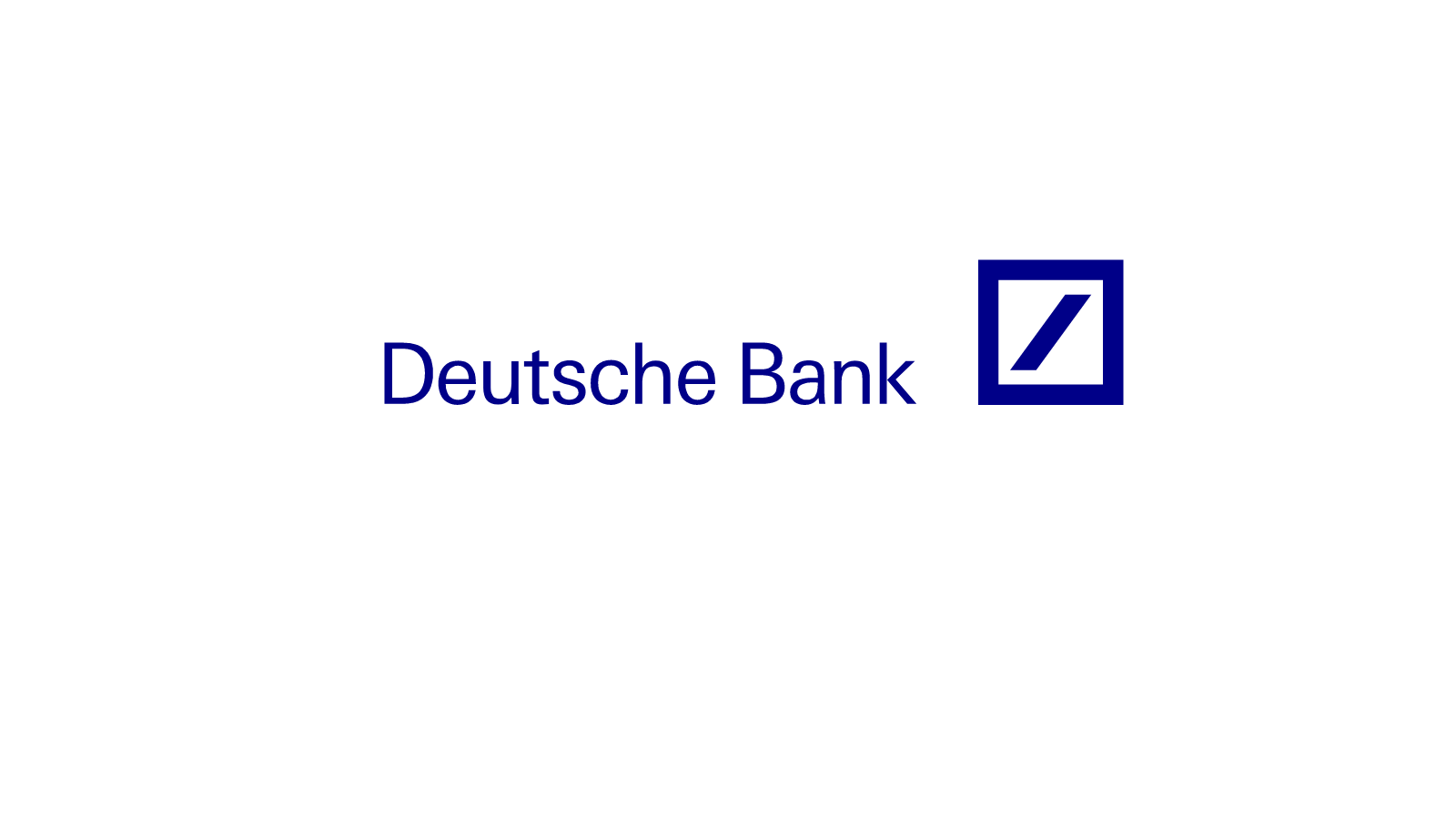Deutsche Bank managers driven by greed set it on the wrong track in the 2000s. The collapse played a key role in the financial crisis of 2007/2008. The consequences: billions of Euros in penalties and the decline of a German institution.
The Deutsche Bank, once the flagship of the German economy, had fallen from grace. In the 2000s, the bank was pumped full of risk in the quest for ever greater profits. In their bid to make the institution a global player, Deutsche Bank managers gave their investment bankers a free hand – a move that would end up being a major contributing factor in the financial crisis of 2007/2008. Supervisory authorities are still imposing fines to this day, penalties that now run into the tens of billions.
The victims in all of this are Deutsche Bank customers and shareholders. The share price is hovering around 10 Euros. Twenty years ago, it was around 60 Euros. The documentary shows: The only ones to walk away from this with a good deal were the investment bankers. Many received millions in bonuses year after year, as their greed increased and they paid no heed to the rules and regulations.

